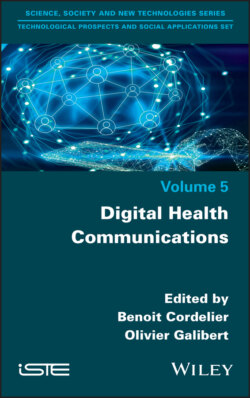Читать книгу Digital Health Communications - Группа авторов - Страница 18
P.7. And finally, how can we take care of digital workers?
ОглавлениеTo conclude this overview of digital communication in health from the point of view of ICS, we would like to reiterate that the digital is itself considered a major health issue, especially at work [BOU 15a]. The idea here could be similar to the perspectives opened up by Bernard Stiegler in his pharmacology of the digital world [STI 06], where online practices are both a remedy for many informational and relational deficiencies, as well as a social poison. The aim here is to understand the psycho-sociological risks linked in particular to what we could define as “connective burn-out”. Some researchers in the field therefore favor the term techno-sociological risks (TSR) such as
all the physical and psychological disorders incurred by an employee, as soon as he or she becomes part of a work situation where information and communication technologies (ICT) play a central role in the accomplishment of his or her missions. [OLI 19]
In the case of a strong dematerialization of the activity in what is commonly today called digital labor [CAR 15], workers, whether they are members of the “pronetariat” according to the terminology of the futurologist Joël de Rosnay [DER 06] or representatives of a hyper-connected management [CAR 17a, CAR 19], suffer from the impossibility of extracting themselves from the platformized digital pressure (e.g. in the case of self-employed workers who have been uberized and enslaved by the uninterrupted process of online orders) or managerial (e.g. the obligation for a community manager to remain on the lookout for posts that negatively affect the image of his or her employer on social networks) [HAS 19].
